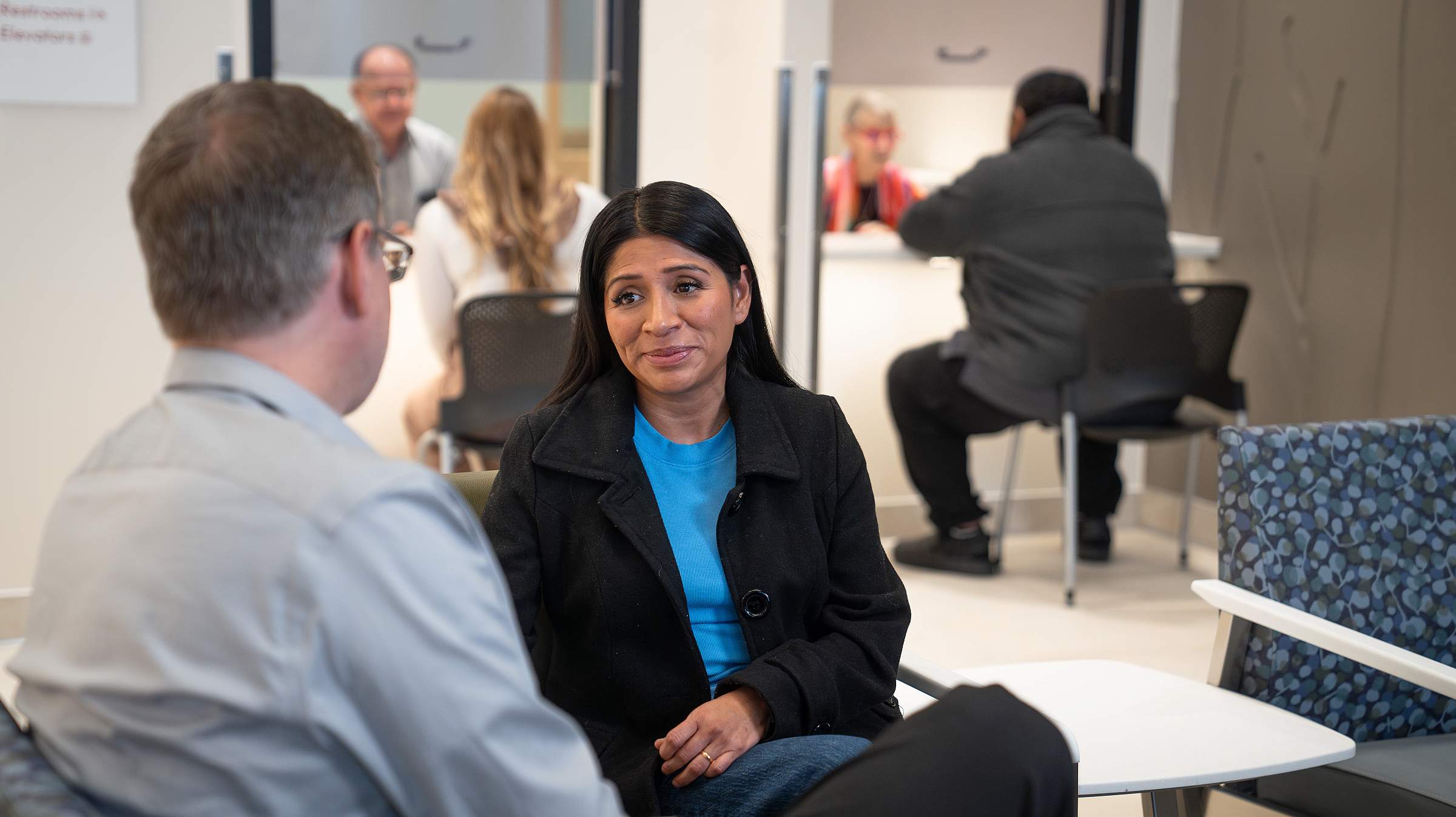
Changing the Narrative on Ageism and Its Impact on Mental Health

Changing the Narrative on Ageism and Its Impact on Mental Health
Ageism is one of the most pervasive forms of discrimination. Whether a person is perceived as too old or too young, it can have a devastating impact on their mental health.
“Ageism is probably the largest ‘-ism’ in the world right now,” says Anne Asman, MS, program manager of the Geriatric Psychiatry Clinic at Huntsman Mental Health Institute. “It is the bias in many different ways against people because of their age. It doesn’t have to be that they’re older or younger; it’s just generally biased about age.”
Understanding Ageism
Ageism often flies under the radar and can manifest in various ways—from stereotyping older people as irrelevant and incapable to dismissing younger people as inexperienced. In some countries, older generations are revered for their wisdom and experience. In contrast, in many parts of the United States, the value of older adults has diminished.
“In the 1950s and ‘60s, there was a tremendous amount of respect and value given to older adults,” Asman says. “But in the last couple of decades, that has truly eroded. As people get older, unfortunately, the younger generation doesn’t see their value in society.”
These attitudes can leave older adults feeling invisible, isolated, and devalued.
The Consequences of Ageism
Studies show that those with negative attitudes toward aging are more likely to have a shorter lifespan—up to 7.5 years less than those with a more positive outlook.
Older people who are disregarded by society often withdraw into themselves and feel lonely, ultimately diminishing their quality of life. During the COVID-19 pandemic, these feelings of isolation became even more pronounced, highlighting the vulnerability of older adults when social structures collapse.
“Ageism can worsen mental health conditions,” Asman explains, “particularly among older adults who struggle with normal aging processes, such as memory lapses or the occasional inability to recall a name.”
Society’s hyper-focus on cognitive decline has created unnecessary anxiety, leading many older adults to seek cognitive evaluations for what are, in reality, normal signs of aging. This anxiety around aging can impact mental health and exacerbate conditions like depression and anxiety.
To combat these challenges, Asman emphasizes the importance of addressing mental health in aging populations. Geriatric psychiatry clinics and optimal aging programs provide vital resources for older adults who need help managing mental health challenges.
These programs can offer therapy, medication management, and social support systems that help older adults stay mentally and emotionally healthy as they navigate the complexities of aging.
Tackling Ageism
Changing the societal narrative around ageism depends on each one of us. Asman shares these tips:
- Listen: Stories are impactful and help shape our society. Older people who share their experiences can help educate and enlighten generations. This can be done through education programs, presentations, or even through informal conversations.
- Help them adapt: It’s important for older adults to embrace change and adaptability as a key to healthy aging. As Asman points out, the choice to adapt—or not—can determine whether older adults remain visible and engaged in society or become invisible. Take some time to explain changes in technology or talk about current events.
- Spend time together: Everyone needs a support system. Keep your older adult involved in family gatherings, include them in activities, and check in on them often.
- Check your language: To combat ageism, we need to shift our thinking and our language. Instead of “elderly” or “senior citizen,” say “older adult” instead.
With the right resources and support, older adults can continue to contribute meaningfully to society, maintaining both their mental and physical health.
Where to Go When You Need Mental Health Help Right Away
A mental health crisis does not always require a hospital bed, but it does require compassion and professional support. Learn how the Kem and Carolyn Gardner Mental Health Crisis Care Center offers immediate help—no appointment or referral needed.
Utah's New Mental Health Crisis Center Offers Immediate Support for Adults in Distress
You do not need to be suicidal or in psychosis to be in crisis. A mental health crisis can mean overwhelming anxiety, grief that would not lift, or a stretch of time when functioning feels impossible. Designed to be an alternative to ER visits or jail, the new Huntsman Mental Health Institute facility is open to any adult in need, no appointment required.
Emergency Mental Health Care Without Going to the ER: How Utah’s MCOT Comes to You
Crises do not wait for appointments—and neither does the Mobile Crisis Outreach Team. Learn how this no-cost, judgment-free service is helping Utahns avoid unnecessary ER visits and navigate moments of crisis with real-time, compassionate care.








